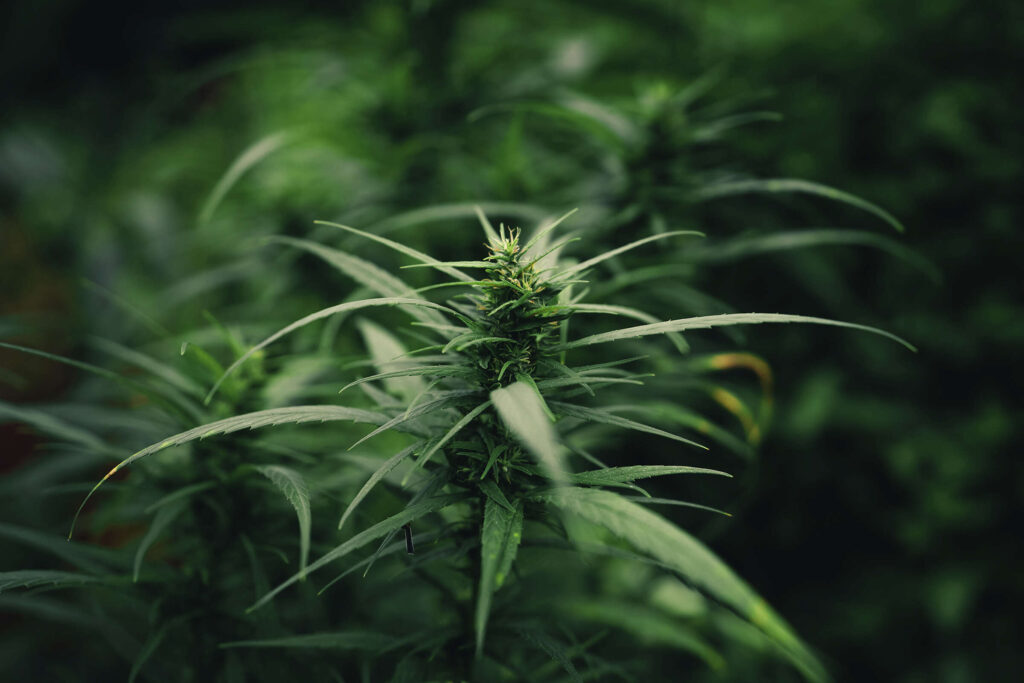It’s often the case that everyday citizens make their voices heard about state government only when they feel state leaders have gotten something wrong, or that they’re failing to take action on an important issue. This is understandable — we’re all leading busy lives, and it’s no secret that dysfunction and inaction is a pernicious problem at all levels of government. However, it’s also important to recognize when elected officials do take action on practical, common sense changes, especially ones that will have important positive ramifications for our local economy and business owners.
As one such local business owner, I can tell you that this year, Connecticut state government did indeed take a number of positive steps when it comes to our state’s fledgling adult-use cannabis market.
In 2021, Connecticut passed new legislation legalizing and safely regulating adult-use cannabis in the state. Importantly, the law set up a “social equity” system wherein at least half of all initial licenses were reserved for social equity applicants, focusing on communities that had historically been most harmed by decades of failed cannabis criminalization policies.
As an approved social equity applicant living and working in Connecticut, I’ve had to navigate the ebbs and flows of this entirely new sector as it got off the ground. And, I realized early on that some nuances to Connecticut’s system would be especially challenging for my specific type of business, which is outdoor cultivation of cannabis.
Outdoor cultivation brings several benefits over indoor farming. It reduces resource usage, decreases environmental impacts, and accelerates production timelines — transitioning from several months to the 18 months typically needed for constructing indoor facilities. Furthermore, outdoor operations can enhance local and state economies through boosted production and increased tax contributions.
Unfortunately, under its original laws Connecticut strictly permitted outdoor cultivation in certain state-designated “disproportionately impacted area” (DIA) zones, which are urban areas that lack viable farmland, presenting a clear challenge for businesses like mine.
This year, state leaders took action to address this problem, and to support environmentally sustainable agriculture. House Bill 5150, which was passed on a bipartisan basis by the state legislature, allows for outdoor cultivation within a DIA or any part of a municipality with approved agricultural uses that includes a DIA. This shift to utilizing actual farmland embraces the natural environment for more sustainable and economically feasible cannabis farming. Though subtle, this change is critical for fostering balanced and equitable development within Connecticut’s cannabis market.
Lawmakers in Hartford deserve applause for their commitment to refining and improving a complex set of laws. Rather than dig their heels in, or let small problems languish over time, state government acted to adapt laws in common sense ways that will support businesses like mine, support social equity, and bolster economic growth.
It also encourages environmental conservation. Beyond merely enhancing the viability of cannabis businesses, these changes integrate principles of environmental stewardship into the burgeoning industry, promoting reduced carbon emissions, minimal water use, and less strain on the energy grid. These considerations are crucial for the sustainable progression of the industry and the well-being of our state, and our planet.
My gratitude goes to our lawmakers for their dedication to reform and to every community member and business advocate who championed these changes. Together, we are planting the seeds for a flourishing, fair, and environmentally responsible cannabis industry in Connecticut. Equally importantly, we are showing Connecticut state residents that their state government has the ability to listen, be responsive, and take positive action.



